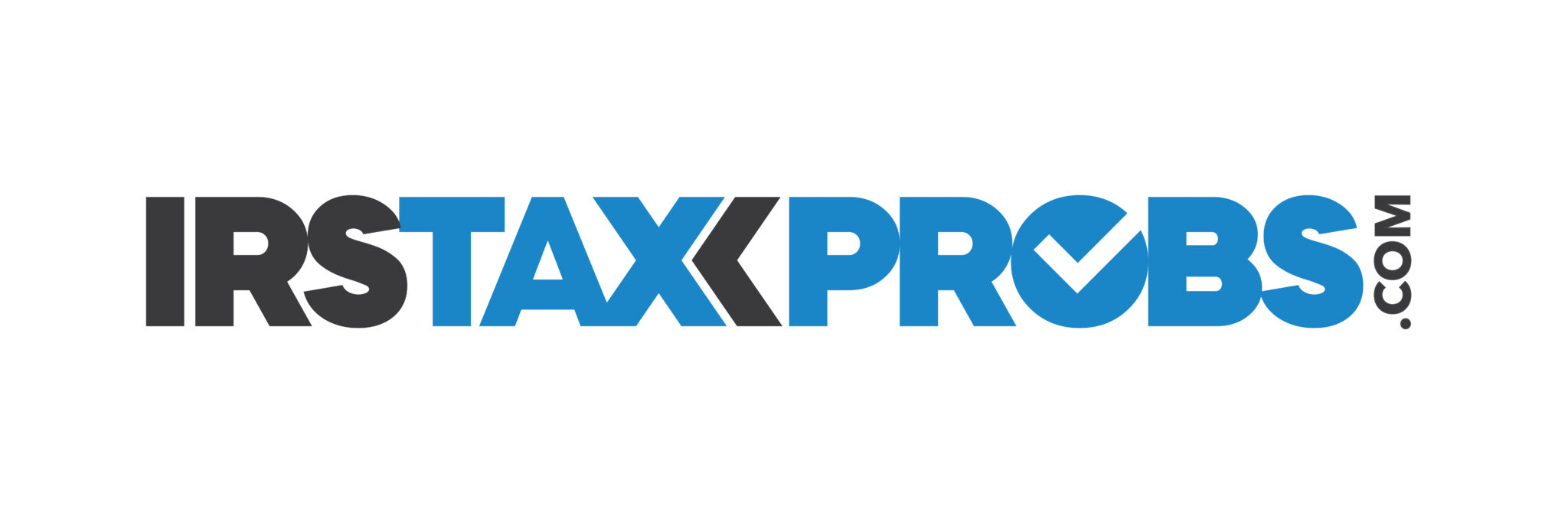Sales tax Audit Defense
The purpose of a sales tax audit is to determine if the taxpayer is paying the correct amount of sales tax to the State. The audit is used to promote compliance with tax laws, and as a means of increasing State revenue. As part of the ordinary course of business, most companies eventually will undergo a sales and use tax audit. Most auditors are professional and even friendly but please don’t mistake that professionalism for being your friend. While few auditors will admit it, their primary goal is to issue a substantial sale and use tax assessment.
Sales tax auditors frequently think that businesses cheat or at least intentionally try to skirt the sales tax law. They begin most audits with the attitude of trying to determine how much the business owes, not whether or not the business owes anything. Should the auditor find a transaction that the Company erroneously paid tax on, it is doubtful they will let you know about the overpayment.
It is our mission to see that your business is treated fairly on a sales and use tax audit. We help insure that gray areas in the sales tax law are interpreted in your favor. We also defend you against the sales tax auditor making unfair assumptions or erroneous projections about your business’s revenue. While it is wrong to intentionally underpay one’s taxes, it is also wrong for the government to excessively tax a business simply as a matter of convenience or to balance a budget.
SALES TAX PENALTY ABATEMENTS
A simple, honest mistake relating to sales and use taxes can result in thousands of dollars of penalties. The government is quick to impose penalties, but slow to abatement them. Generally, a taxpayer must show that “reasonable cause” exists for the abatement of a sales and use tax penalty. The government is quick to assume that “willful neglect” led to the mistake. However, you and your business should never just pay a penalty without first considering if there are grounds to get that sales tax penalty abated.
In order to obtain penalty abatement you must show that the error resulted from a “reasonable cause” rather than “willful neglect.” We will work with you and your business to develop, document, and present to the government the grounds (reasonable cause) for penalty abatement. We will follow through and elevate the penalty abatement request to supervisors or hearing officers whenever necessary.
Never pay a penalty without first questioning whether reasonable cause exists for its abatement. Penalties and interest on tax assessments can quickly put a profitable business out of business. In some cases, the owners and corporate officers can be personally liable for the payment of the sales and use tax penalties. We will do everything possible to obtain penalty abatement on your behalf.
VOLUNTARY DISCLOSURE AGREEMENT
Most sales and use tax errors do not occur intentionally. Some occur from misunderstanding the law and other errors result from not even knowing that sales and use taxes apply to a transaction. There are also instances where a sales tax error is DELIBERATE or where a sales tax return is intentionally understated. The states have a system in place where an individual or a business can correct an error, REGARDLESS OF THE CAUSE, and avoid all monetary and criminal penalties. In addition, many states will waive or reduce the amount of interest that is due. All that must be done is to file corrected sales and use tax returns and pay the amounts due.
However, you can NOT simply mail corrected returns to the state and hope to get this tax, interest and penalty forgiveness. You must apply through a complicated process and obtain prior approval from the state; this approval is called a voluntary disclosure agreement (VDA).
The terms and conditions of a voluntary disclosure agreement can vary from state to state and from business to business. We will negotiate the best possible VDA on your behalf. We will look to minimize the “look-back” period. (The period which needs to be corrected.) And will try to get you the longest payment period possible for any monies due. Best of all, in most states we can negotiate your VDA for you, while you remain ANONYMOUS. When done anonymously, you can walk away from the state’s offer if you do not like it.
OFFER IN COMPROMISE (OIC)
Unfortunately some businesses and individuals may incur a sales and use tax liability that they can never pay off. It may appear that there is no escape or hope for businesses and individuals in this situation. However, the states are not generally looking to put businesses out of business or foreclose on a person’s home simply because of one or two tax mistakes.
When a sales and use tax assessment is so large that there is little chance that it can ever be paid, it might actually encourage someone to stop paying all of their taxes. This results from the thought process of, “Well if I already owe the state 1 million dollars, what is the big deal if I owe the state 2.3 million dollars? I’ll never be able to pay either amount…” In order to give individuals and businesses a second chance and to give these people an incentive to pay their future taxes, the states have created a tax, interest and penalty forgiveness program called an Offer-In-Compromise (OIC).
The way an Offer-In-Compromise (OIC) works is that the individual or business in question must make a complete financial disclosure to the state. A detailed analysis of future cash flows, wages and other potential assets must be done in order to determine how much someone can reasonably pay and still have a chance at a fresh start. There is a substantial amount of work, analysis and negotiating that goes into a successful Offer-In-Compromise (OIC). However, an OIC is a last chance where the government will literally forgive tens of thousands of dollars in tax, interest and penalties in order to give a business or individual a fresh start. We will review all documents prior to filing for an OIC to ensure that they are complete, and then work to expedite a resolution. In addition, we will negotiate with the state to obtain the most favorable terms and maximum debt forgiveness possible.



